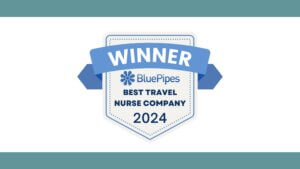Nursing Compact, Nursing Licensure Compact, Enhanced Nurse Licensure Compact – there are a few names thrown around for this amazing multi-state project revolutionizing the nurse industry in the US. But what is it? How does it work? What is its scope?
These are all great questions, and the answers to these questions change depending on when you’re reading this. As of May 2021, this is the state of the eNLC.
What Is the eNLC?
If you’re only hearing of this agreement now, in a nutshell, eNLC is an agreement enabling any nurse whose main residence is in a participating state to relocate and practice nursing in any other participating state without having to re-apply for a license under the rules of the host state.
The project originally included 25 states, but the benefits of such a program have led to the inclusion of many more members. Currently, there are 35 full members of the compact. Those states are:
- Alabama
- Arizona
- Arkansas
- Colorado
- Delaware
- Florida
- Georgia
- Guam
- Idaho
- Indiana
- Iowa
- Kansas
- Kentucky
- Louisiana
- Maine
- Maryland
- Mississippi
- Missouri
- Montana
- Nebraska
- New Hampshire
- New Mexico
- North Carolina
- North Dakota
- Oklahoma
- South Carolina
- South Dakota
- Tennessee
- Texas
- Utah
- Virginia
- West Virginia
- Wisconsin
- Wyoming
Apart from these states, the State of New Jersey has enacted the eNLC but is yet to implement it in full. Typically, the waiting period is between 6 months and a year to give the state enough time to adapt. However, due to the Covid-19 pandemic, New Jersey partially implemented the compact.
States Pending Legislation
Apart from the member states (and some territories, such as Guam), there are additional 11 states which have expressed an interest in joining the compact and have active legislation campaigns for this multi-state agreement. These states are:
- Alaska
- California
- Illinois
- Massachusetts
- Michigan
- Nevada
- Ohio
- Oregon
- Rhode Island
- Vermont
- Washington
Interestingly enough, the Alaska Nurse Association does not approve of the agreement and is strongly opposing the state’s investiture in the project. They cite everything from loss of state sovereignty to threats to public safety as reasons for their opposition. Nurses in Alaska, on the other hand, are firmly on board with as many as 89% in favor and as many as 87% claiming they would apply for it if available.
How to Know if You Already Have a Compact License?
If you live in a state which is a member of the compact, and you have a current nurse license, it is very likely that your license is a compact license by default. However, there are some instances where that might not be the case.
For instance, if you have a single state license issued by a state which joined as of January 2018, you will need to request a multistate license on your state’s Board of Nursing website. There is a really simple (and completely free) way you can check whether your license is included in the compact agreement.
Go to https://www.nursys.com/ and complete a short survey – this is a complete national database of nursing verification that your future employers may use to vet you. It’s free and readily available to the general public (provided they know the license numbers of nurses).
Benefits and Downsides of Being a Nursing Compact-Certified Nurse
Plain and simple – the ability to work in any of the 35 currently participating states without the hassle of applying for a nursing license of a host state is the single biggest change this agreement enabled. The mobility of the nursing staff is important for many states, especially those who have a difficult time filling these vital roles in their facilities.
On the other hand, it is important to know the limits of this agreement. You need to be aware that the multi-state license is only valid in states that participate in the program, and some of the most lucrative jobs are in states where the compact is still not enacted – such as Alaska, California, or New York.
More importantly, though, keep in mind that the compact is only applicable to RNs and LPNs, meaning that if you have an advanced degree in nursing, you may have to apply for each state’s medical license separately. There is an APRN Compact in the works, but as of today, it is still in its infancy – it’s been enacted in North Dakota and it is pending legislation in Delaware. Other states and territories are yet to move forward with this legislation.
What About Traveling Nursing Jobs?
ENLC is an amazing tool for traveling nurses – it cuts so much red tape by eliminating the need to apply for each individual state’s medical license. If you’re looking to be a travel nurse, keep this issue in mind, as you can save a lot of time and money by applying to states participating in this program.
As mentioned before, some of the best-paid temporary nursing jobs are in states that do not recognize this agreement, but that might change soon, as both California and Alaska have pending legislation to recognize the agreement.
No matter where you want to go in the US and Canada, reach out to us, and one of our helpful and knowledgeable staff will help you with any questions you have about becoming a traveling nurse, Nursing Compact member, or not.










